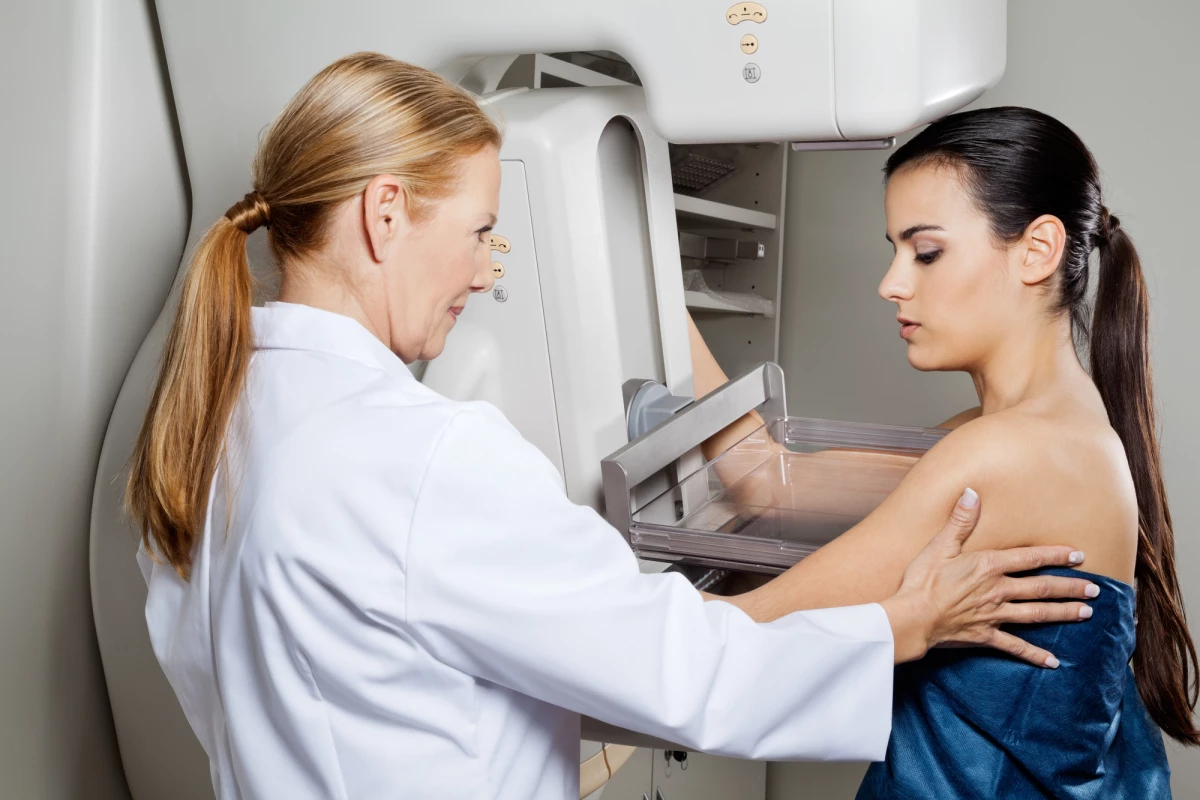A new UK study has found that, compared to 20 years ago, women diagnosed today with early invasive breast cancer and initially treated with surgery are 66% less likely to die from the disease.
Globally, more than two million women are diagnosed with invasive breast cancer each year. For most, it’s their first cancer diagnosis. There are many types of breast cancer, and tumors can be invasive or non-invasive. Non-invasive breast cancer remains contained in the milk ducts or lobules, whereas invasive breast cancer has spread beyond the ducts to the surrounding tissues.
To inform treatment decisions and help women understand their disease requires large-scale population studies examining patient- and cancer-related factors on breast cancer mortality. Now, new research has done just that.
Conducted by researchers from Oxford Population Health at the University of Oxford, UK, the study, which took 10 years to complete, is the first to show long-term outcomes in all women registered in England with early invasive breast cancer as their first cancer and who were treated initially with surgery.
Data on 512,447 women diagnosed with early breast cancer and treated with surgery between January 1993 and December 2015 were retrieved from the National Cancer Registration and Analysis Service. The women were followed up until December 2020.
Participants were separated according to their year of diagnosis: 1993-99, 2000-04, 2005-09, and 2010-15. The researchers examined annual mortality rates, time since diagnosis, and characteristics such as age at diagnosis, whether the cancer was detected by breast screening, lymph node involvement, tumor grade and size.
They found that for all women, the risk of death was highest during the five years after diagnosis, and then it declined. For women diagnosed with breast cancer during the 1990s, the risk of death within five years of diagnosis was, on average, 14%. For those diagnosed during 2010-15, it had fallen to 5% on average. The researchers found that improvements in prognosis applied to nearly all groups of women.
“Our study is good news for the overwhelming majority of women diagnosed with early breast cancer today because their prognosis has improved so much,” said Carolyn Taylor, lead author of the study. “Their risk of dying from their breast cancer in the first five years after diagnosis is now 5% on average.”
Although there were decreases in mortality rates across almost all groups of women, the magnitude of the drop varied widely between women with different characteristics. The researchers say their results can help health professionals estimate the prognosis for patients diagnosed with early breast cancer.
“Our study can also be used to estimate risk for individual women in the clinic,” Taylor said. “It shows that prognosis after a diagnosis of early breast cancer varies widely. Patients and clinicians can use our results to estimate prognosis moving forward. In the future, further research may be able to reduce the risk of dying from breast cancer even more.”
The study doesn’t address the reasons for the decline in mortality rates. However, since the 1990s, breast cancer awareness has risen, and the stigma surrounding the disease has fallen, leading to more women receiving mammograms resulting in earlier detection and treatment.
The study was published in the BMJ.
Source: University of Oxford





